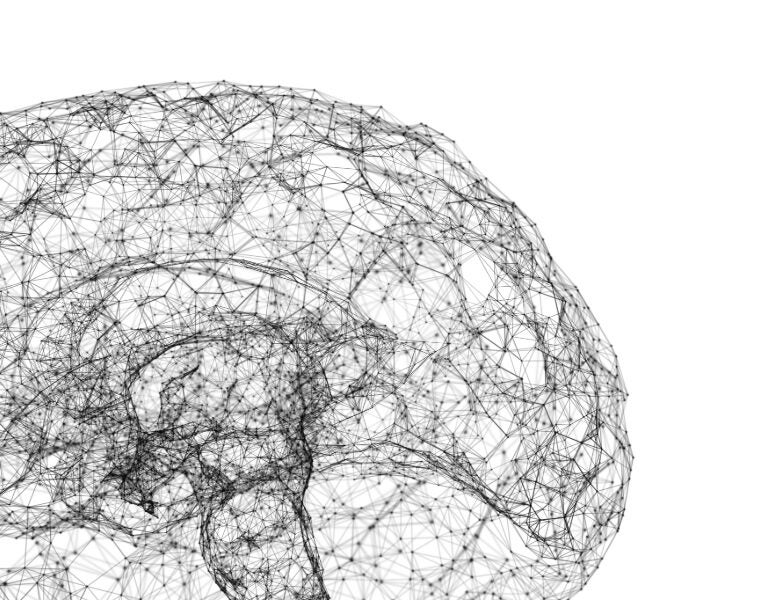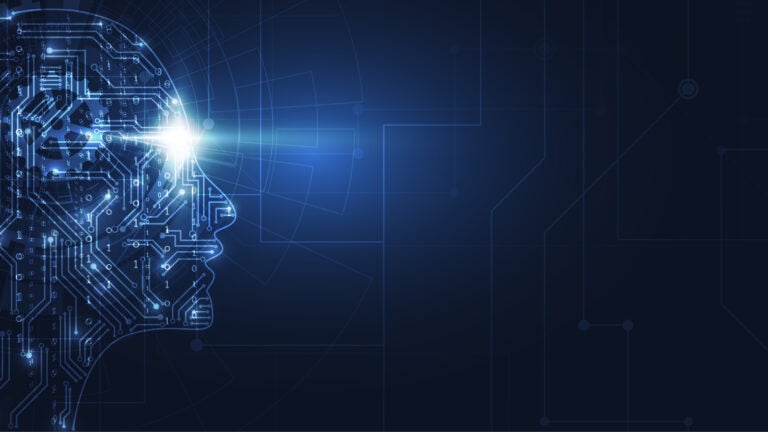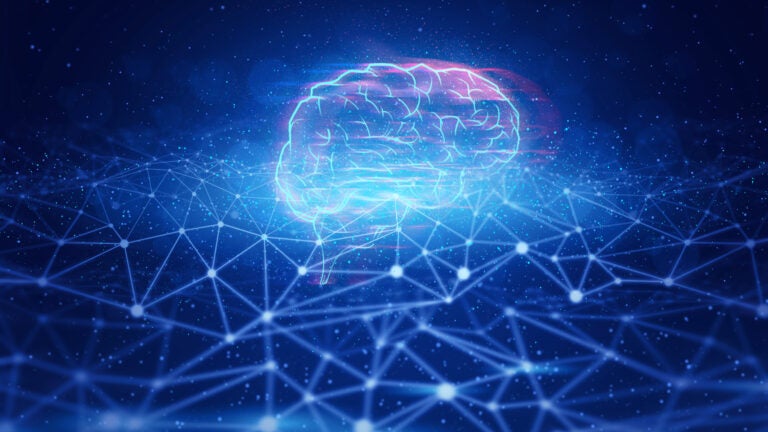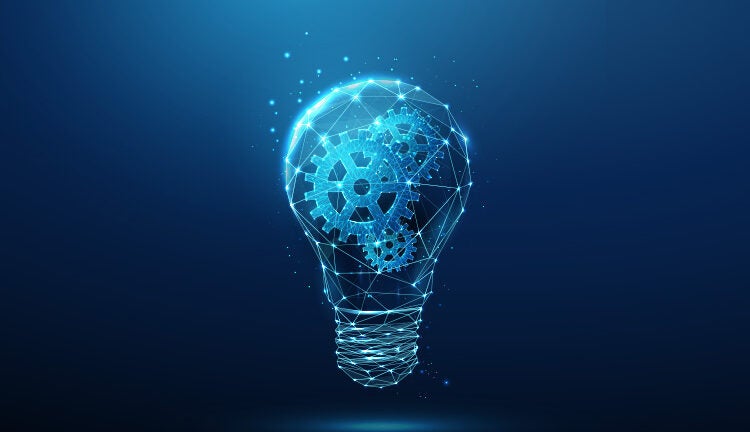
Welcome to the USC Center for Computational Language Sciences!
The Center for Computational Language Sciences at USC’s Dornsife College of Letters, Arts, and Sciences is dedicated to serving as a diverse hub of scholars dedicated to revolutionizing our understanding of language through groundbreaking computational research.
Our Mission
Our core mission is to accelerate breakthroughs in speech and language sciences by bridging the gap between cutting-edge computational tools and deep insights into human cognition. Driven by a profound commitment to societal impact, CCLS envisions a future where language technologies transform lives, building bridges for those with visual, cognitive, or hearing impairments. Our interdisciplinary approach, drawing on experts from Psychology, Linguistics, Computer Science, Sociology, Philosophy and beyond, and our commitment to cutting-edge computational research offers unprecedented insights into language and, potentially, the very nature of human cognition, in addition to advancing human-inspired AI. This dynamic interplay will power the development of sophisticated language models while unlocking new theories about the neural basis of language.

The importance of Computational Language Science.

What is it?
Computational Language Science is an interdisciplinary field that studies and models human language using computational methods. It involves analyzing language structure, processing, and use through algorithms, machine learning, and artificial intelligence. We aim to unravel the interconnected neural, physical, behavioral, and social dimensions of how humans perceive, process, and produce language.

Why does it matter?
Computational Language Science matters because it enables advancements in how we interact with technology and understand human communication. This deep understanding will unlock profound insights into the very essence of language itself, while simultaneously propelling the development of human-inspired artificial intelligence.

How is it harnessed?
Computational Language Science has a significant impact on society by transforming how we communicate, access information, and interact with technology. Applications include natural language processing (NLP), speech recognition, machine translation, and language generation. Our research generates powerful accessibility tools, linguistic biomarkers for early disease detection, and empower language resources for underrepresented communities.


